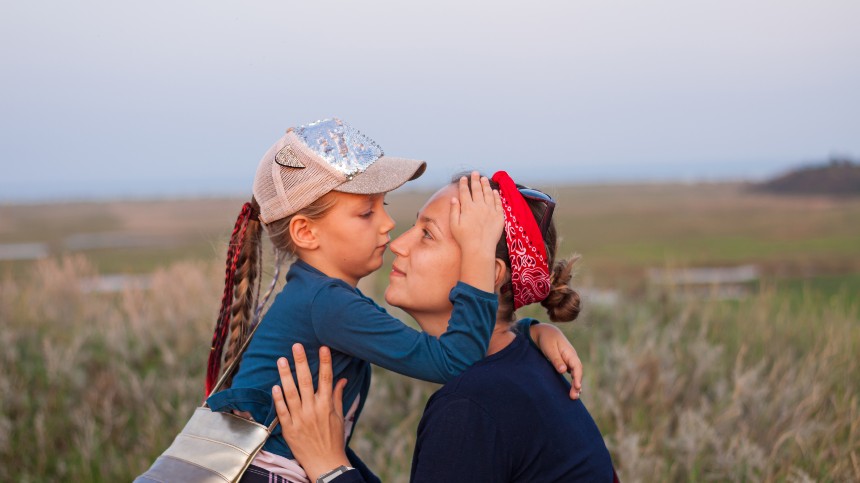
Looking for ways to help start the conversation to end bullying? Psychologist and Dolly’s Dream advisory board member Dr Charlotte Keating has some suggestions.
1. Start generally about what is happening in their lives right now; what was the best part of your day? What was the most challenging part?
2. What are the most common ways people in your year level, or group of friends have experienced bullying?
You might explore how much of this seems to be online and how much happens at school or offline. Has this changed over time? Do people get left out of the chat, or isolated, do people say repetitive mean things to them? Are there rumours spread about them?
How do you think that would feel for them? How did it feel for you when it happened? While we know that 1 in 4 people have experienced bullying, whether this is online, offline, or both, can differ depending on friendship group and other factors. It helps to know your young person’s experiences. If relevant, you might share the type of bullying you were aware of or experienced when you were at school, and how it felt, to encourage sharing and understanding.
3. Would you realise what bullying is if it were happening to you or your friend?
You might want to refresh yourself with what bullying is and isn’t so that you can help to fill in gaps they may have in their knowledge, or to facilitate asking them questions about what it is and isn’t. For example, you could ask ‘have you or friends in your group ever been consistently left out of activities or catch ups, or group messages? How did that feel for them (or you)?’ You might also ask them ‘what would you do if that happened to a friend’? What would you do if you were in the chat group, and a friend who had been left out, asked you to include them – what would you do?’
If you have a sense that your young person is bullying, or has bullied others, you might directly but calmly ask, ‘do you think you may have bullied someone’? Or if you have heard from another parent about a situation concerning your young person, you might simply ask, calmly and safely; ‘I understand that there is a situation going on, could you please help me understand more about it – I am concerned?’ That way you are providing a safe space for them to give you their version of events. Bullying is complex, it is important not to be accusatory in these conversations. Instead, create an environment that will help you understand what has happened, and help guide you in encouraging your child to perceive the experience from the other persons perspective (empathising). Bullying behaviour is not acceptable, and whatever may be going on, there does need to be a clear message that it must stop.
4. What do you think it means or says about someone if they reach out for support in these situations?
Reinforcing that it is absolutely the right thing to do. That no one deserves to be bullied and should feel safe and secure at school or home. That it can be hard, but it’s brave to reach out. Who would you feel comfortable reaching out to, for support? Is it you, or a sibling, a teacher, a friend? Help them identify who would be safe for them to speak to if they needed to.
5. What would you like me to do to support you, if you were bullied, or one of your friends were?
You might also ask them if they have ever tried to help someone who was being bullied? Ideally this would be a collaborative conversation about how you can work with your child, and their school if it concerned another student at school, to resolve things. It might also be helpful to check out this resource on the steps to take.
6. What do you think parents might do if they find out their child is being bullied, or their child is bullying someone else?
What do you think [I, your parent] would do about that? This might reveal what they imagine will happen, and allows for you to understand, and validate what that perception might be, and to clarify what you would do (that is, work with the young person so that they felt supported) and to collaborate on a plan for what they would feel comfortable with, if it they were bullied.
If you suspect that your young person is bullying someone, then responding will also need to be done in a calm way. Whether they may have been bullied, or might be bullying someone, they need to feel like they can safely talk to you about it. If they are bullying someone there are key steps you can follow, and it’s important to let them know that the behaviour isn’t okay, and that it must stop.



